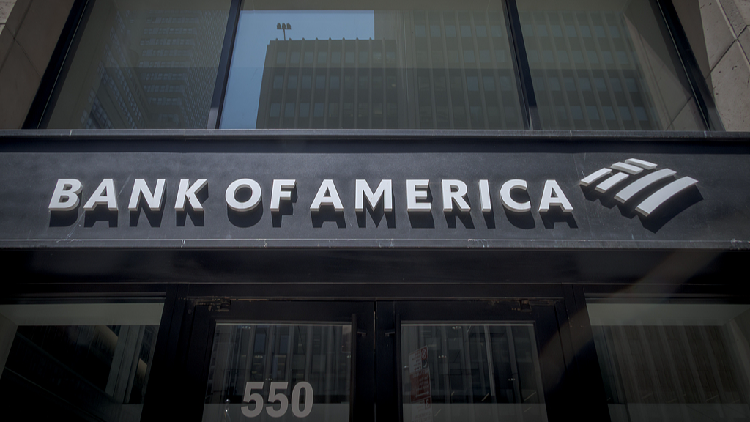Global Investors Pull Back from U.S. Markets Amid Rising Trade and Debt Concerns
Global investors withdraw funds from U.S. markets amid rising debt and trade policy concerns, reports Financial Times.

Growing uncertainty surrounding U.S. trade policies and the nation’s mounting debt have prompted a number of significant global institutional investors to withdraw capital from U.S. markets, signaling a potential shift in the international investment landscape. Recent developments suggest that these investors are turning their attention to other regions, seeking stability amid heightened volatility in the American economy.
Market analysts note that the U.S. government’s unpredictable approach to international trade has unsettled investors worldwide. The country’s recent policy announcements have been blamed for sowing confusion, contributing to a weakened U.S. dollar and disappointing performance in American capital markets so far this year. Moreover, the administration’s ambitious “Big and Beautiful” tax reform package, expected to cut revenues by $3.7 trillion and drive the federal deficit up by $2.4 trillion over the coming decade, continues to fuel investors’ anxieties. According to the Congressional Budget Office, such fiscal measures have made the long-term outlook for U.S. public finances increasingly uncertain, leading portfolio managers to reconsider their allocation strategies.
A recent Bank of America Global Fund Manager Survey revealed that allocations to U.S. assets have slid to their lowest point in almost two decades. This marks a dramatic change in investor sentiment, with institutions reevaluating the relative risk and return profile of U.S. investments. From major asset managers to private equity leaders, there is a growing consensus that ongoing deficit expansion and trade unpredictability could undermine future returns. A senior executive at one well-known private equity firm commented that “erratic tariff policies” have triggered warnings among clients about the dangers of over-concentrating in American assets.
Adding to this trend, several major firms have reported tangible shifts in investment flows. Asset manager Schroders said it is already seeing early evidence of an exodus from U.S. markets, and Neuberger Berman disclosed that 65 percent of its private equity deals this year have been directed to Europe—a substantial increase from previous years, when that proportion ranged between 20 and 30 percent. The firm cited persistent uncertainty regarding U.S. domestic policy and looming tax changes as primary reasons for its more guarded approach to American opportunities.
This sentiment is not confined solely to private firms. Canada’s CDPQ, the second largest pension fund in the nation, announced plans to trim its exposure to U.S. assets, which currently represent around 40 percent of its portfolio. The fund’s leadership highlighted the need to reduce vulnerability amid what they described as an increasingly erratic market environment in the United States.
Overall, the accelerating movement of capital away from the U.S. indicates a broader reassessment among institutional investors, many of whom are now challenging the longstanding doctrine of “American exceptionalism.” As concerns mount over debt sustainability and policy stability, global investors appear poised to continue diversifying their holdings in search of safer and more predictable investment climates.




